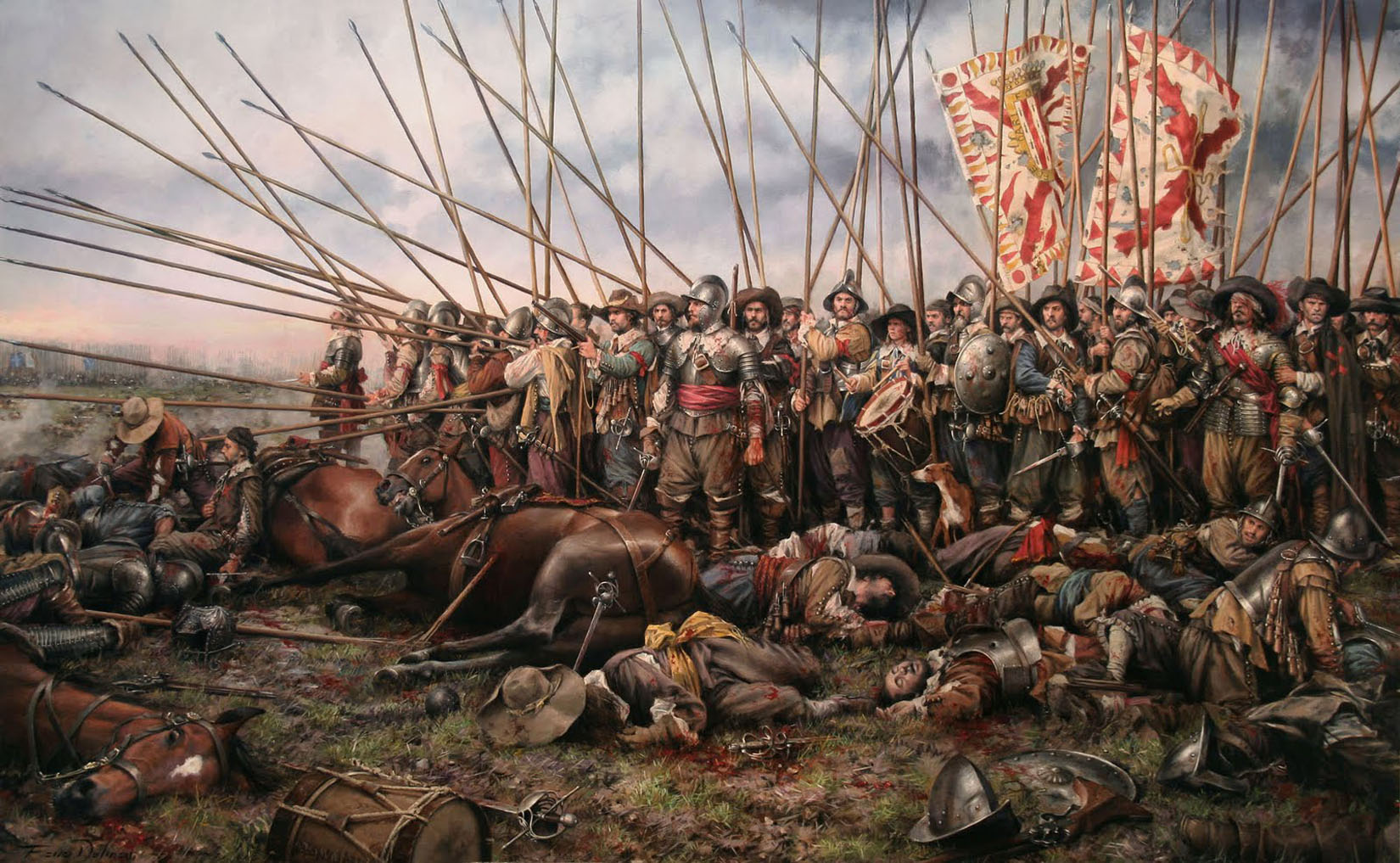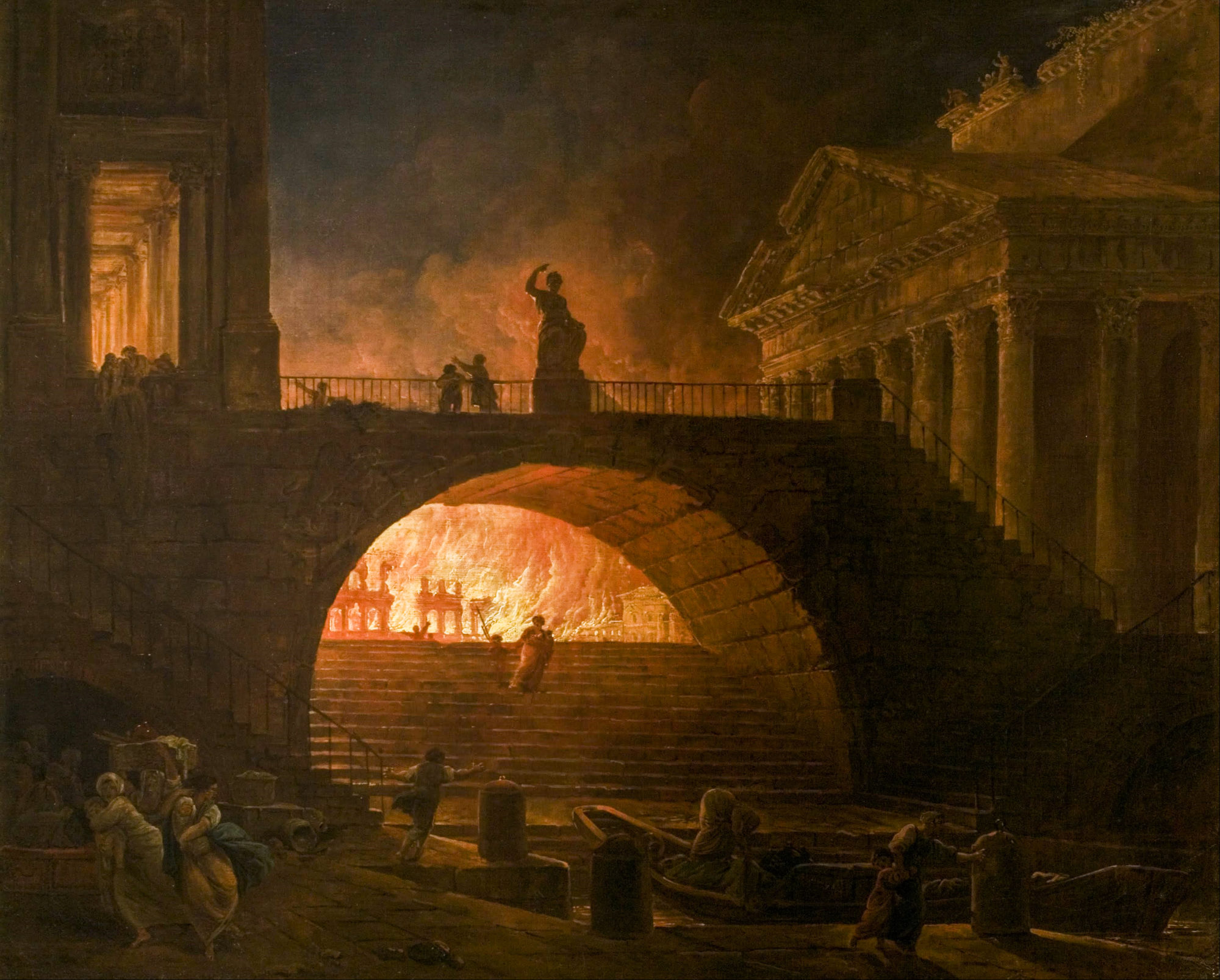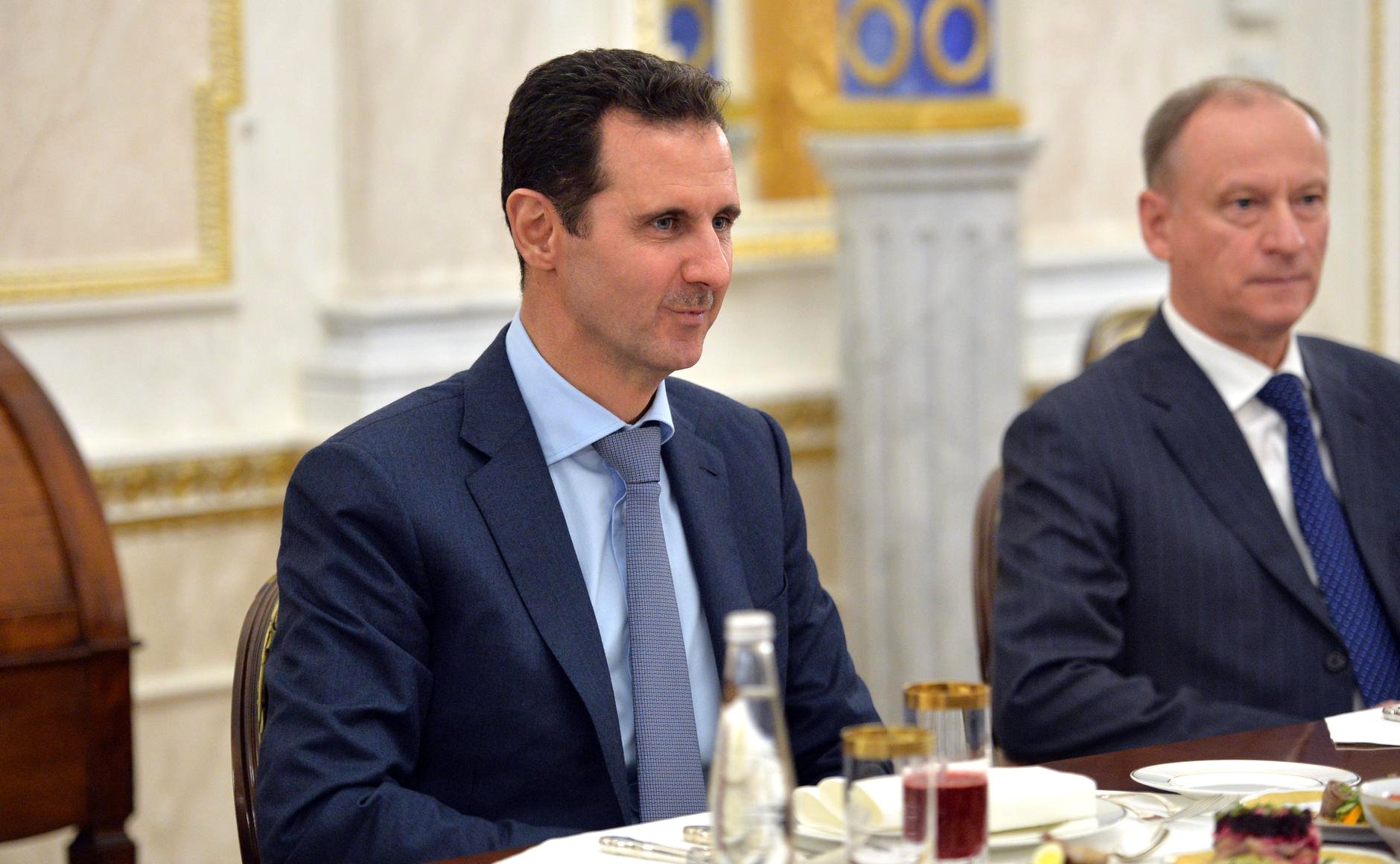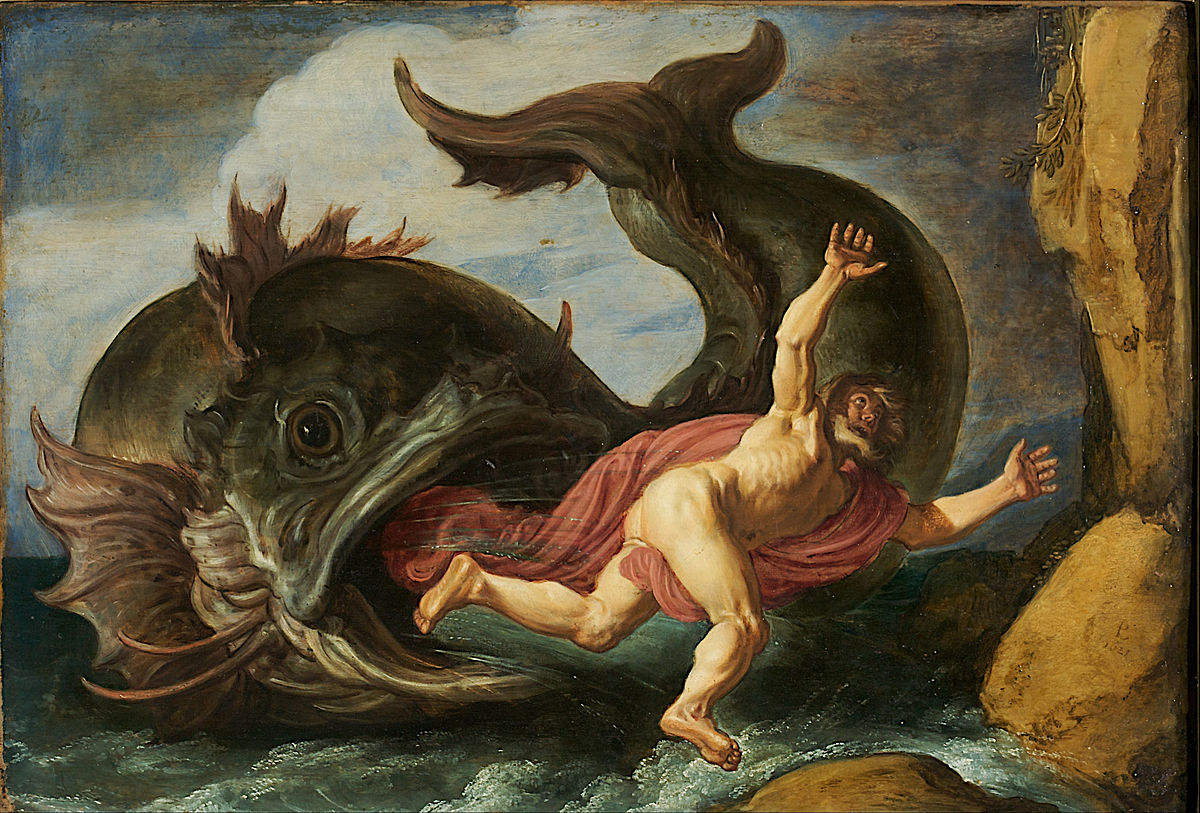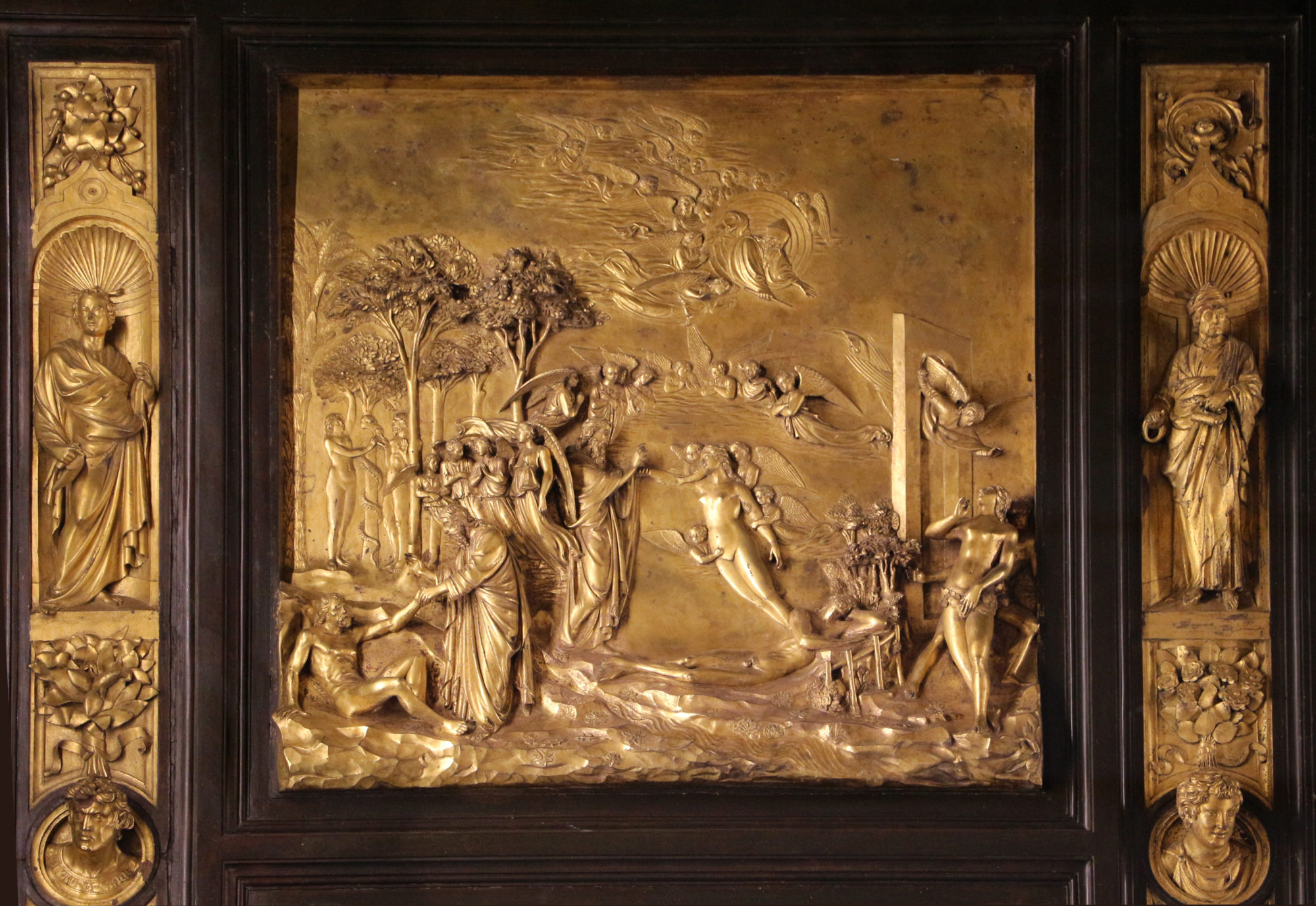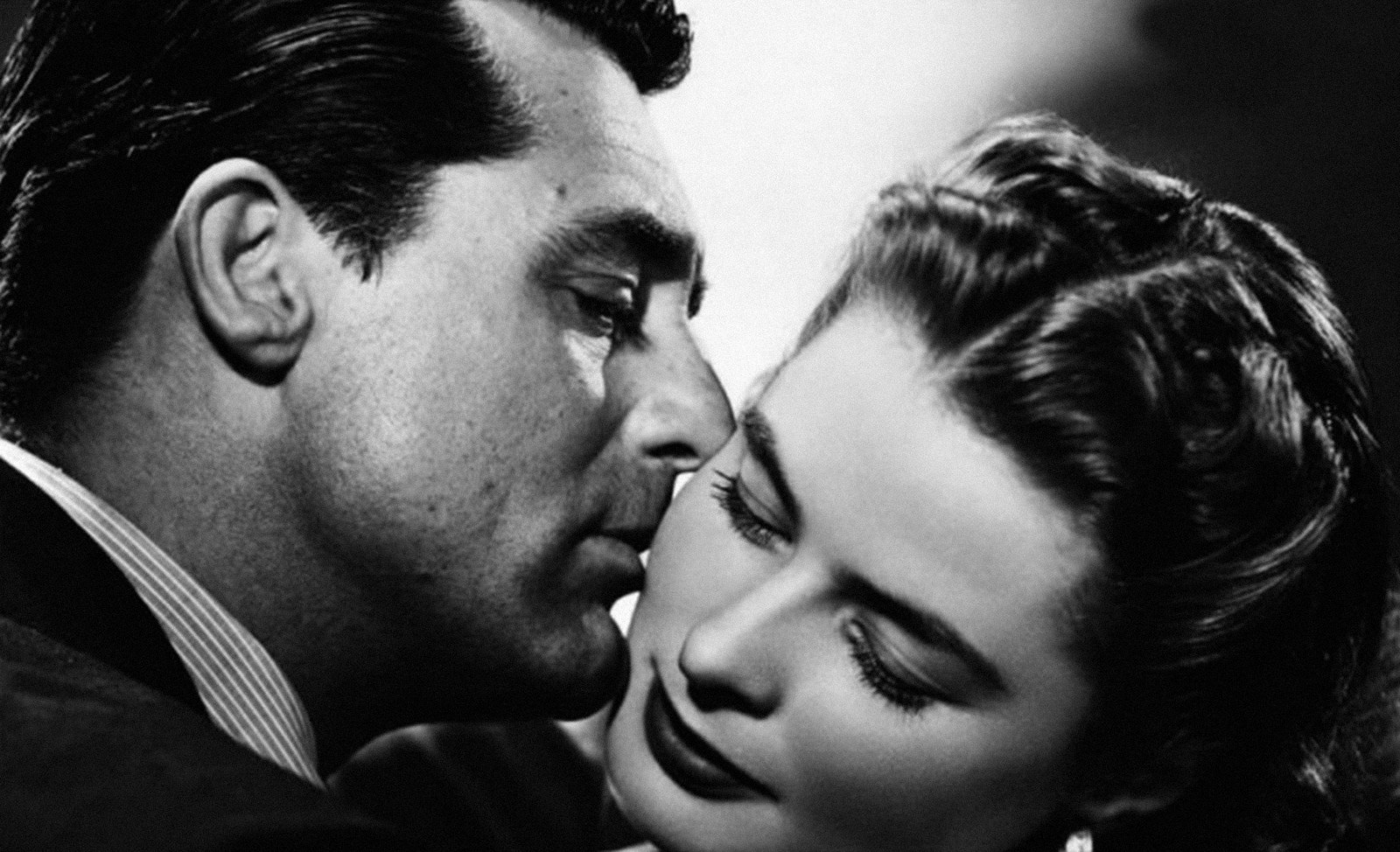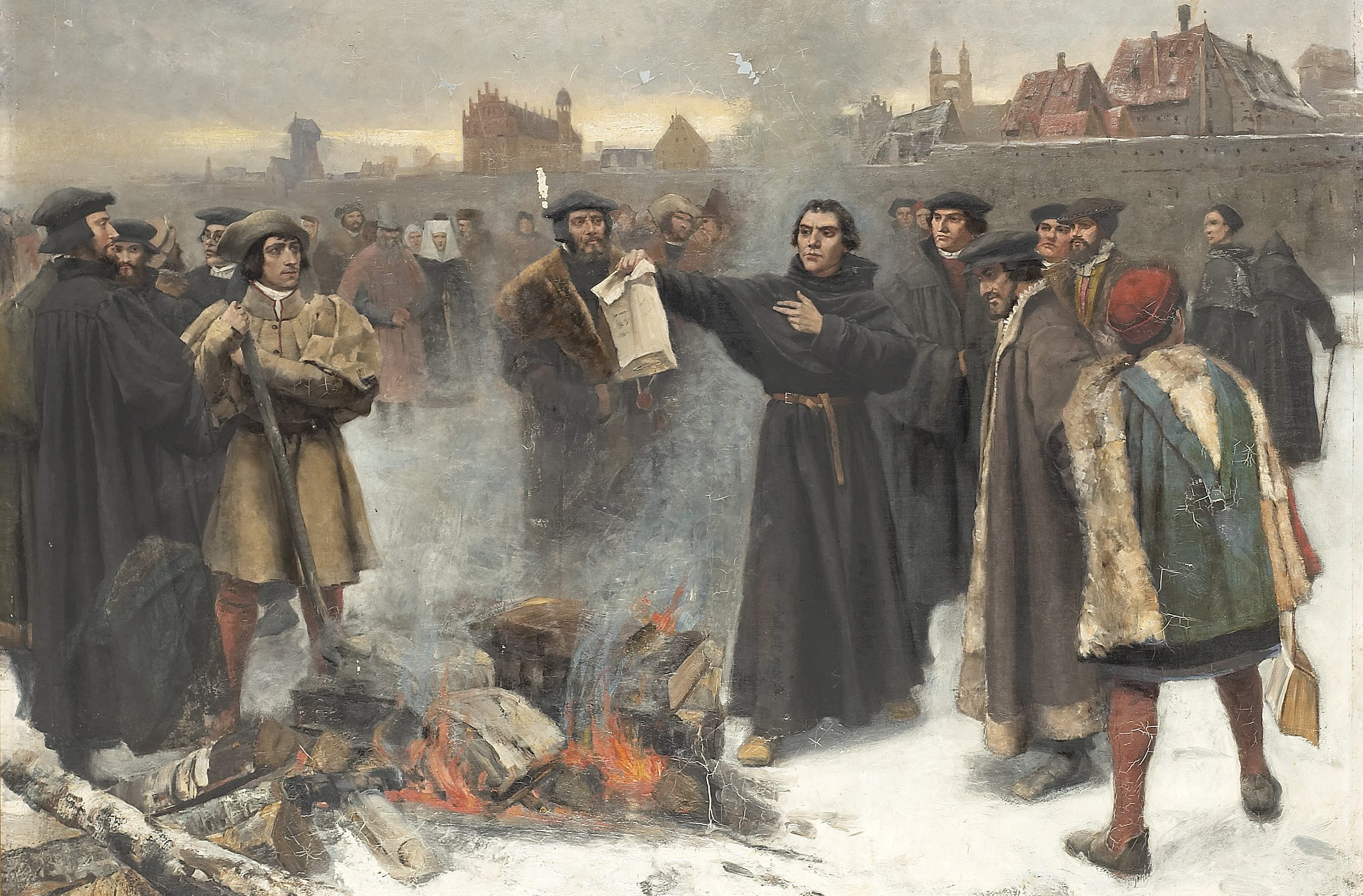Lessons from the Past: The Thirty Years’ War, 400 Years Later
Four hundred years ago, the Second Defenestration of Prague occurred when a Protestant mob threw the Austrian emperor’s representatives out of a castle window. The Bohemians then started the Thirty Years’ War, which changed the course of world history and led to today’s nation-state world order.
Justin RoyJune 4, 2018
What about Amillennialism in Foreign Policy?
If Michael Doran and Walter Russel Mead insist that Christian eschatology is relevant to American foreign policy, it makes sense to at least mention and analyze amillennialism and preterism.
Mark MeltonMay 7, 2018
Religious Left Misdiagnoses Crisis of Evangelicalism
The long history of Christian reflection does not share Mark Labberton’s confidence that “God so loved the world” means the rejection of power and worldly politics.
Daniel StrandMay 1, 2018
Assassinate Assad?
Following the Christian just war tradition, could the assassination of Syria’s Bashar al-Assad be justified, despite its illegal nature?
Darrell ColeApril 18, 2018
The Manger, The Cross and The Resurrection: A Christian Interpretation of Our Time
Ironically, it is possible to boast of one’s humility. In this article, originally published in Christianity and Crisis on April 19, 1943, Paul Ramsey aims to explain why. While Ramsey advocates constant repentance as a logical consequence of a Christian self-evaluation and imperfect humanity, he portrays such repentance as moral hygiene rather than attitude. He avoids the divestment camp, which prioritizes a clear conscience over achieving moral good at the cost of personal iniquity. In its most essential form, this is repentance for our assumption of righteousness.
Christianity & Crisis MagazineApril 12, 2018
The Distorted Image
Too often in our contemporary discussions about justice, Christians have turned to the idea of the “image of God” as the grounds for our social and political ethics.
Daniel StrandFebruary 1, 2018
Sex, Lies, and Spies
We can make a clear and convincing case that the Christian tradition may support the idea that lies told for the public good are justifiable. When spies tell such lies in the line of duty, their deceptions fall into that category and, so, are justifiable. Can the same be said for sex in the line of duty?
Darrell ColeDecember 20, 2017
Our Dual Heritage of Freedom: Reformation & Enlightenment
This article, delineating the two kinds of freedom found in the tradition of Western civilization, was originally published in Christianity and Crisis on October 19th, 1942. Editor Henry P. Van Dusen clarifies the two strands of freedom that have developed in European thought. One comes from the Protestant Reformation, a freedom that comes as a result of being created in God’s image and the rights that entail; the other comes from the Enlightenment, a freedom that is intrinsic to man’s nature and “self-evident,” something that is somehow apparent to all.
Christianity & Crisis MagazineSeptember 21, 2017
The Local Church and the War
This article about the morality and justification of World War II and the Church was originally published in Christianity & Crisis in 1942.
Christianity & Crisis MagazineApril 27, 2017
